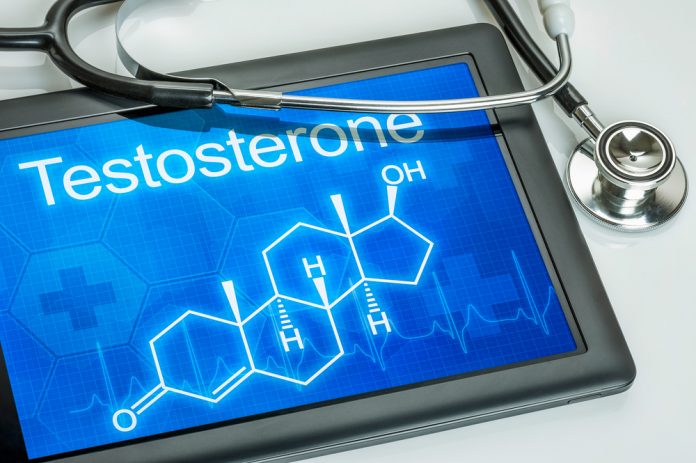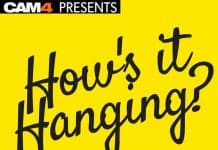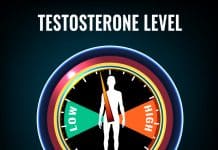In theory testosterone replacement should approximate the body’s own natural production of the hormone. The average male produces 4 to 7 mg of testosterone a day with plasma levels in early morning and lower levels in the evening. Women produce around a 12th of those rates.
Testosterone replacement is usually a life-long commitment. It is a decision that should not be made without a discussion with your health care provider. Starting and stopping testosterone can have negative effects on someone’s quality of life (more on this topic later).
There are testosterone replacement products that require daily dosing (orals, buccal, and gels), once a week or two weeks dosing (injections), and once every three- to four-month dosing (long-acting testosterone undecanoate injections) or testosterone pellets).
Males who are hypogonadal can be given continuous testosterone replacement therapy in a wide assortment of ways. These include:
1. Oral capsules
2. Testosterone injections
3. Transdermal (absorbed through the skin) testosterone cream or gel
4. Transdermal testosterone patch
5. Buccal (sublingual and gum adherent)
6. Pellets (that are implanted subcutaneously)
Recent Posts
How long does testosterone take to show effects?
How long does testosterone take to show effects?
A review of studies attempted to determine the time-course of the effects induced by testosterone replacement therapy...
The Use of HCG to Prevent / Reverse Testicular Shrinkage and Preserve Fertility
Human Chorionic Gonadotropin (From the book Testosterone: A Mans Guide, amazon.com)
Human chorionic gonadotropin (HCG) (not to be confused with human growth hormone, or HGH)...
Most Informative Articles on Testosterone, ED, Trimix, HCG and More on ExcelMale.com
Most Informative Articles on Testosterone, ED, Trimix, HCG and More on ExcelMale.com
Affordable Lab Tests- No prescription Required- Most US Cities
How to Use ExcelMale.com For...
Is HRT for Menopause Staging a Comeback?
"A recent meta-study, which found that menopausal hormone replacement therapy (HRT) causes significant numbers of ovarian cancers, is highly misleading, say several hormone researchers.Furthermore,...
Low Free T3 Can Increase Cardiovascular Disease
Low serum free triiodothyronine levels are associated with the presence and severity of coronary artery disease in the euthyroid patients: an observational study.
Ertaş F,...
















